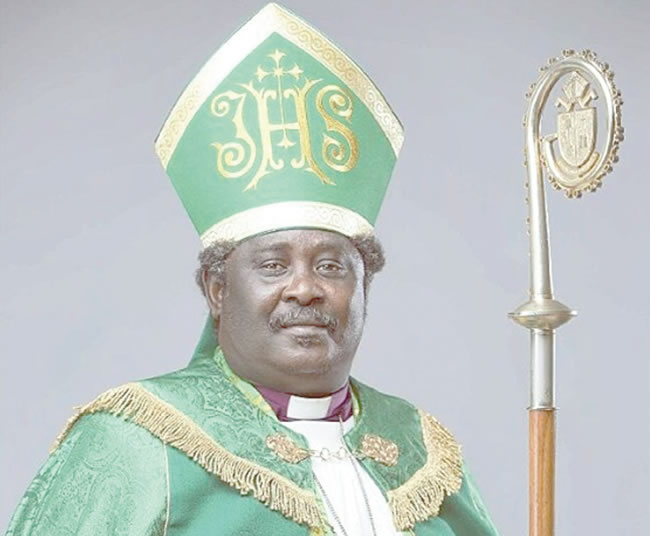
MAN can take the initiative to provoke or enact a covenant with God, and the outworking or end result will be great and divine.
Jephthah and Esther, amongst others, were other persons who stepped forward, took the initiative, ventured out, and thus experienced the awesome power of our covenant-keeping God. In fact, Jephthah had no pedigree, but the singular act of stepping forward at a critical time put him in the league of heroes. The story of Jephthah is recorded in Judges chapter 11. His mother was a harlot who accidentally conceived for his father, Gilead. The legitimate children eventually chased him out, surely in a culmination of years of stigmatization and victimization. However, Jephthah seemed to understand the covenant-keeping God better than his siblings. He stepped forward into his heroic battle with a vow unto God:
Judges 11: 30 – 31 And Jephthah made a vow to the Lord, and said, “If You will indeed deliver the people of Ammon into my hands, then it will be that whatever comes out of the doors of my house to meet me, when I return in peace from the people of Ammon, shall surely be the Lord’s, and I will offer it up as a burnt offering.”
Verse 32 recorded that Jephthah advanced toward the people of Ammon to fight against them, and the Lord delivered them into his hands. He defeated them across twenty cities without any setback, and thus the people of Ammon were subdued before the children of Israel. Of course, as he returned home, he came face to face with the enormity of his covenant vow. Jephthah did not draw back; he paid his vows. That is the stuff of which covenant-keeping men are made. Jephthah’s example shows us that anyone can step forward to be counted for God (or for God’s people), and our covenant-keeping God shall back the person up.
Esther too was a person of low pedigree. She was, however, a godly young lady who listened to the sound advice of a good mentor. And because she listened, she was lifted. When the occasion came to stand up for God’s people, Esther was initially reluctant, but again she listened to her mentor and stepped forward on the people’s behalf.
Esther gave us that classic heroic declaration, “If I perish, I perish” (Esther 4: 16).
In the New Testament, Saul (whose name changed to Paul) also exemplified this notion through his historic question in Acts chapter 9, verse 6:
Acts 9: 6 So he, trembling and astonished, said, “Lord, what do You want me to do?”
Saul did not wait idly; he asked. He volunteered. And in answer to his question, he was given a strategic kingdom assignment.
Solomon. Jephthah. Esther. Paul. They all did as they did because they had a rich understanding of El Berit, the ‘God of the Covenant’. We also need that understanding, especially at moments of kingdom need like this. May the Holy Spirit grant us the understanding of this covenant-keeping God.
To be continued
ALSO READ: No journalist hit by stray bullet at govt house — Kano govt
Source: